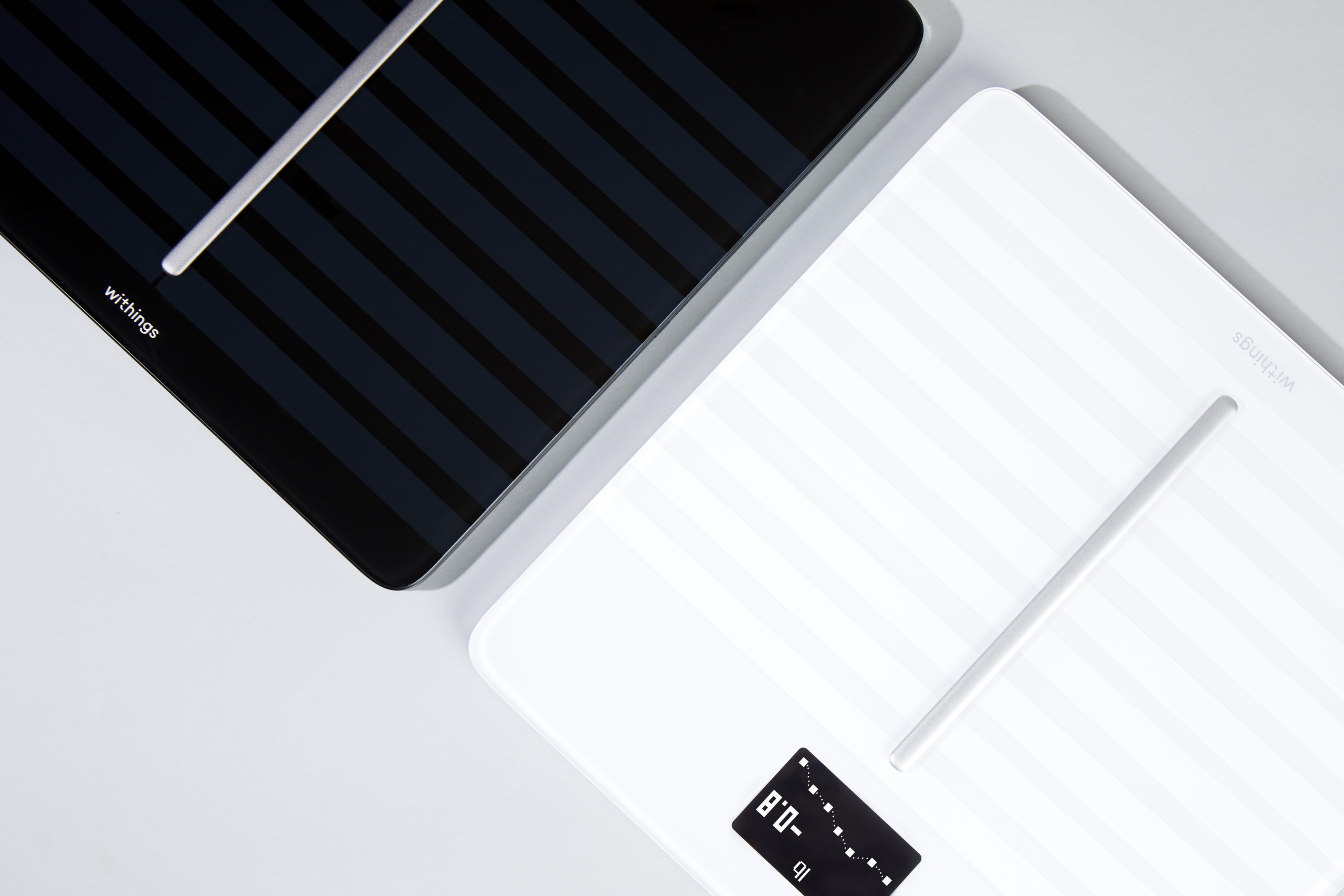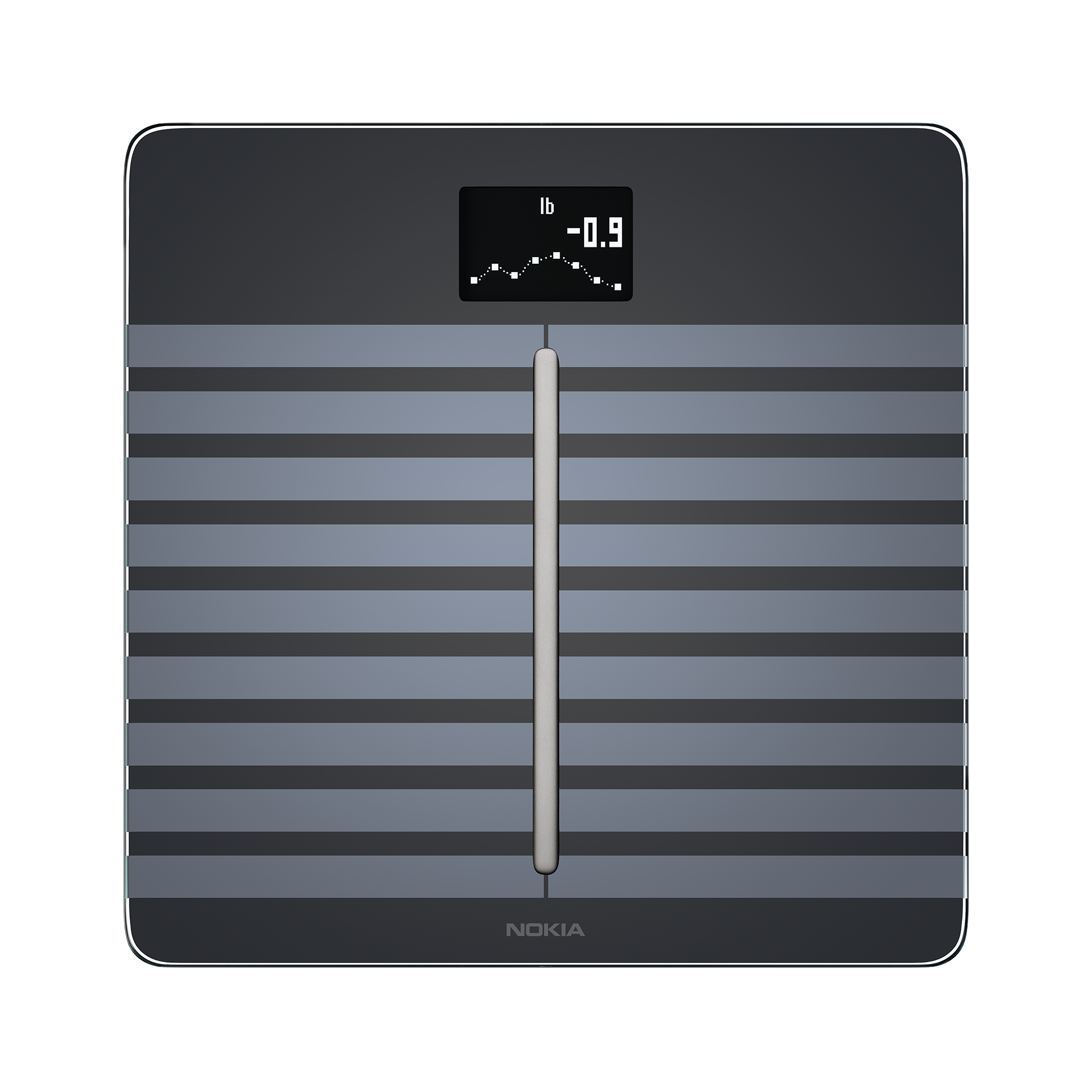
Yesterday morning you ate overnight oats with no added sugar and high fiber fruit, at lunch you refused to help yourself to seconds on that delicious wok of green vegetables with wild rice, and last night you felt perfectly content after your workout session and didn’t cave into a snack attack. It was a successful day, especially in terms of reaching your weight loss goal. So the next day, you proudly climbed on the scale to enjoy seeing your body fat plummeting like a giddy downhill racer. Ah but no. This is not the case. It is stagnant, or worse, it has increased.
Why did my body fat increase?
First of all, don’t panic. Good news, weight fluctuations of around 4 lb (2 kg) per day are completely normal. They are part of our metabolism and do not always have to do with the success or failure of a dietary change. In addition, there are many parameters that can directly influence our body composition:
– Your water mass
Water can have a huge impact on your weight and body composition, especially considering that our body is composed of about 60% water. If you have followed our health insights on bioelectrical impedance analysis, you know that the analysis of your body composition depends on the presence of water in your tissues. Your hydration, and more generally, the amount of water present in your body can slightly affect your body composition.
– Your nutrients
This water is affected by the nutrients you consume. For example, if you switch from a high carbohydrate diet to a low carbohydrate diet or a diet that is very high in vegetables and fiber, you will quickly lose more water. You may experience weight loss and a decrease in body fat in the first few days and weeks. This loss stabilizes after a while and may also turn into a slight increase.
– Your hormones
Your water balance can also be affected by your hormones, and perhaps more so if you are a woman. Hormonal fluctuations, which occur naturally during the menstrual cycle, have a great influence on water retention in the tissues. Here again, the evolution of fat mass is only the result of factors beyond our control.
– Your digestion
One of the most common reasons is the content of our digestive organs. Did you drink or eat anything before weighing yourself? If so, it’s not surprising that your weight has fluctuated since the last measurement, since by changing your water mass, you are changing your entire body composition. Were you thirsty during the night? Did you go to the bathroom before you weighed yourself? Drinks and food consumed, even during the night, have a direct influence on our weight. Depending on when you last ate or drank, your scale may show different values. For this reason, we recommend that you weigh yourself on an empty stomach in the morning, after going to the toilet and try to reproduce the same conditions every day in order to limit these fluctuations.
The solution: letting go
Daily fluctuations in weight and body composition are natural. Don’t just focus on the numbers on the scale as you weigh yourself, but look at your weight and body fat curves over several days or weeks and observe changes over the long term. Also ask yourself how you feel: more comfortable, more relaxed, more energetic? These sensations are what will help you draw motivation to continue moving towards your goal.
This article was written in partnership with the German startup Foodpunk, which creates smart and healthy nutrition programs. If you would like more information, you can visit their website.



